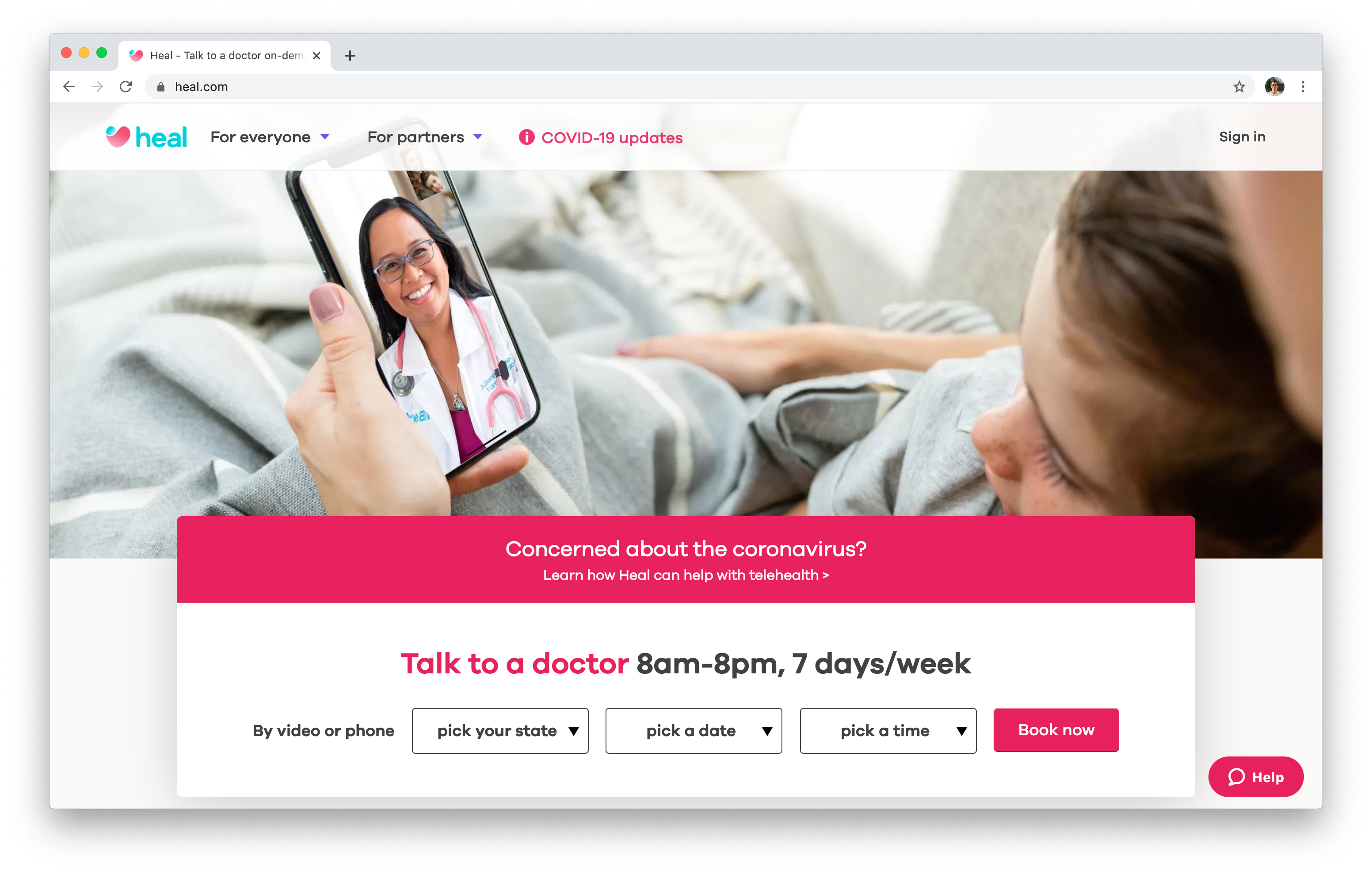A Comprehensive Guide to Subscription Based Healthcare: What You Required to Know
A Comprehensive Guide to Subscription Based Healthcare: What You Required to Know
Blog Article
Recognizing the Cost-Effectiveness of Subscription-Based Health Care Designs
As the medical care landscape advances, subscription-based models emerge as a compelling alternative, assuring to redefine just how people take care of clinical expenses. Assessing these models' cost-effectiveness requires a nuanced contrast with standard insurance, considering both economic implications and person complete satisfaction.
Summary of Subscription-Based Designs
Subscription-based medical care versions, in some cases referred to as straight medical care or attendant medication, are progressively getting attention as a prospective solution to inefficiencies within standard medical care systems. These designs run on the principle of offering people straight accessibility to doctor through a monthly or annual charge, bypassing the requirement for standard insurance coverage systems. This setup aims to enhance patient-provider interactions by minimizing administrative worries, which frequently prevent personalized and prompt care.
At the core of subscription-based designs is the emphasis on a more tailored patient experience. Individuals benefit from boosted access to their doctors, often consisting of next-day or same-day appointments, prolonged consultation times, and straight interaction channels such as phone or video telephone calls. This model cultivates a proactive method to health care, where suppliers and people can collaboratively concentrate on preventative care and persistent condition monitoring.

Price Contrast With Typical Insurance

Among the key monetary advantages of subscription models is transparency in costs. Clients pay a foreseeable charge, which can streamline budgeting and financial preparation. Furthermore, these versions normally get rid of co-pays and deductibles for covered solutions, minimizing out-of-pocket costs. On the other hand, traditional insurance may be extra useful for individuals needing specialized care or expensive treatments not covered under a membership design, as they profit from the more comprehensive insurance coverage network and cost-sharing mechanisms.
Nonetheless, cost-effectiveness is context-dependent. While registration designs might offer financial savings for those largely requiring primary care, individuals with persistent problems or specialized medical care demands could discover traditional insurance policy much more comprehensive. Therefore, evaluating specific healthcare demands and possible usage is vital in establishing the most economical choice for people.
Impact on Person Fulfillment
Person contentment within subscription-based medical care designs usually reflects a substantial enhancement over conventional insurance policy systems. Unlike typical systems, where clients may experience delays in receiving care, subscription-based versions make certain more straight and timely communications with medical care suppliers.
Moreover, the openness in prices connected with subscription-based healthcare reduces the typical irritations associated to unanticipated costs and complex payment procedures seen in traditional insurance coverage (subscription based healthcare). Individuals value recognizing the precise monetary dedication upfront, bring about boosted trust fund and self-confidence in their medical care monitoring
Additionally, the focus on precautionary care and health in registration versions adds to improved health end results, even more improving patient fulfillment. By concentrating on continuous wellness maintenance as opposed to anecdotal treatment, clients experience a more all natural and constant health care trip.
Additionally, the anonymous improved provider-patient partnership promoted in these versions, defined by even more time spent per individual and individualized attention, plays a critical function in elevating patient satisfaction levels, as patients feel genuinely taken care of and comprehended.
Company Perspectives and Experiences
From the supplier's point of view, subscription-based medical care models provide a transformative technique to supplying clinical solutions. These models stress a aggressive and preventative health care method, permitting suppliers to concentrate on comprehensive patient treatment without the constraints of standard fee-for-service arrangements (subscription based healthcare). This change in emphasis typically leads to improved person results and boosted copyright complete satisfaction, as medical care experts can allot even more time and resources to patient engagement and customized treatment plans
Additionally, subscription designs help with foreseeable earnings streams, which enhance financial stability for doctor. This predictability permits improved source planning and allowance, adding to a more reliable healthcare distribution system. Carriers can buy staff framework, innovation, and training enhancements, therefore boosting the quality of treatment provided.
Nonetheless, the shift to subscription-based versions is not without difficulties. In spite of these difficulties, lots of carriers locate that the benefits of enhanced client communication and streamlined operations exceed the preliminary challenges, making subscription-based versions an eye-catching choice.
Future Leads and Obstacles

A key challenge is regulatory conformity, as registration versions need to abide by advancing medical care plans and insurance coverage needs. This necessitates continual adaptation and innovation to ensure positioning with legal requirements. Furthermore, integrating these models right into existing healthcare facilities can be intricate, calling for substantial investments in technology and training.
There is likewise the potential threat of producing inequities in medical care gain access to, as subscription versions could prefer those that can manage them, leaving susceptible populaces underserved. Resolving this requires thoughtful consideration of pricing techniques and aid devices to ensure inclusivity.
Final Thought
Subscription-based healthcare models present a practical choice to traditional insurance by supplying monetary predictability and transparency, specifically benefiting individuals with chronic problems or frequent medical care requirements. The cost-effectiveness of these models is contingent upon specific medical care use patterns and conditions.
Subscription-based health care versions, in some cases referred to as straight use this link key care or concierge medicine, are increasingly getting focus as a possible option to inadequacies within traditional health care systems. Unlike traditional systems, where individuals might experience hold-ups in obtaining care, subscription-based versions ensure even more straight and timely communications with medical care service providers.
These designs highlight a preventative and positive medical care technique, enabling service providers to concentrate on comprehensive individual treatment without the restrictions of typical fee-for-service arrangements. As these models continue to obtain traction, they provide the prospective to transform individual access to care, improve service distribution, and enhance health care spending.Subscription-based healthcare why not try these out versions present a sensible option to traditional insurance coverage by offering economic predictability and transparency, especially benefiting individuals with persistent problems or regular health care needs.
Report this page